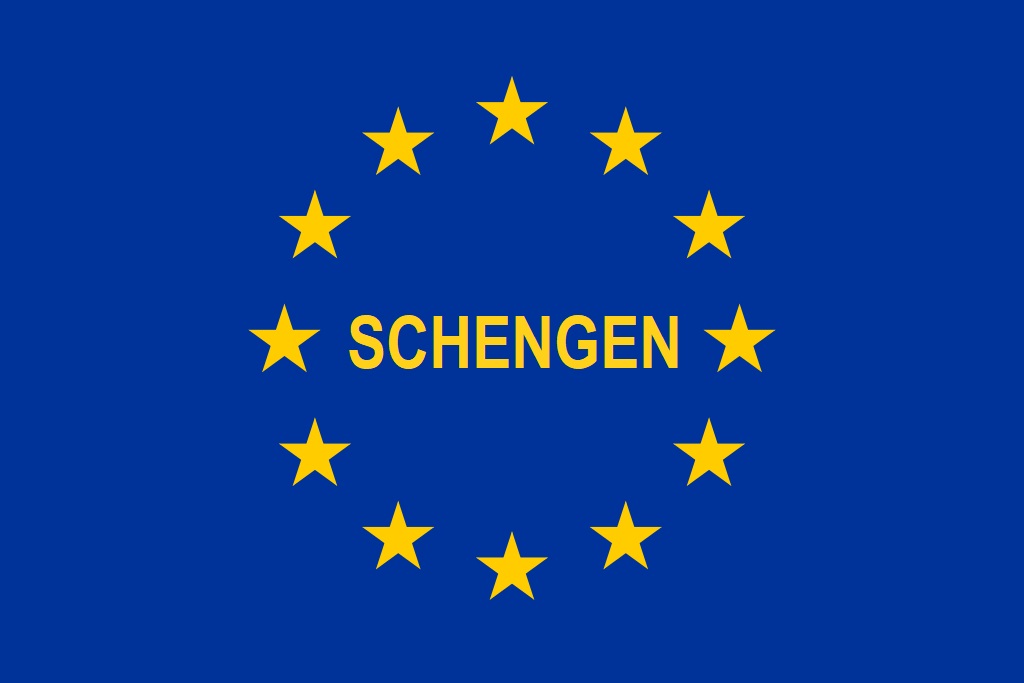Romania’s Schengen entry gets postponed again
Austria continues to oppose letting Romania and Bulgaria join the Schengen free-movement area by land.

Corina Cristea, 11.10.2024, 14:00
The EU’s Justice and Home Affairs Council that met on Thursday made no change with respect to the full Schengen entry by Romania and Bulgaria as Austria remained inflexibly opposed, just like a year ago. This was despite the reiteration by the European Parliament and the European Commission that the two countries fulfil all conditions for the elimination of land border controls as well. The Austrian minister Gerhard Karner said a lot is yet to be done:
“We are on the right path, but not at the end of the path. The measures taken have obviously had good effects. Migration numbers are down at the Austrian-Hungarian border. Frontex and the personnel are seriously involved in protecting the Union’s borders. But we should continue intense talks with respect to Bulgaria’s border with Turkey for the situation to improve not just for Austria, but for the entire Schengen area. It is clear that both controls on EU borders and within Schengen members are yielding results. There is a lot more to be done, a lot of hard work.”
The statement is quite ambiguous and does not set a clear date for the elimination of land controls on Schengen borders. Romania and Bulgaria first applied for Schengen entry some 20 years ago, with Romania meeting the Schengen acquis as early as 2011, when the accession was initially scheduled to take place.
The Romanian interior minister Cătălin Predoiu said ahead of the Justice and Home Affairs Council in Luxembourg that Romania is fully ready and that it has implemented and fulfilled all criteria for the lifting of land controls. He went on to say that Romania significantly cut down on illegal migration thanks to the Border Police and police cooperation and is ready to apply all Schengen procedures and implement all Schengen instruments. The Romanian interior minister also said that Romania would continue to cooperate with member states and the European Commission to ensure a rigorous security on Romanian, and implicitly, EU borders. Bulgaria’s interim interior minister Atanas Ilkov said there is no requirement his country hasn’t met.
The European Commissioner for Home Affairs, Ylva Johansson, said Romania and Bulgaria met all conditions and even did more than was necessary and that she optimistic and hoping a positive decision would be taken as soon as possible, during her remaining time in office. She said the entry of Romania and Bulgaria would again be discussed at the EU Council in December, and that until then, talks would be held within Coreper, the Committee of Permanent Representatives in the European Union.






























